When we sense danger or threat in our environment, the amygdala releases cortisol and adrenaline into our systems. Glucose floods into our muscle cells and our bodies prepare to fight or to flee. While our fight and flight reactions are exceptionally helpful during life-and-death encounters, they're largely counter-productive in modern organizational settings.
Neither aggressively barking at people nor hiding in one's office is an effective response to crisis. Both fight and flight reactions undermine our thinking (and therefore the quality of our decision-making), strain our relationships, and, ultimately, stall or even derail our careers.
So how can we avoid stress-induced derailment? How can we remain poised, composed, and grounded when we most need to be at our best?
First, manage baseline stress. Lowering baseline stress allows us to absorb more work-related stress before we’re triggered into fight and flight reactions. Curative care eliminates stressors (e.g., distancing oneself from an unhealthy relationship). Palliative care is an on-going stress reduction process (e.g., sufficient sleep, proper diet, exercise, decompression time, work-life balance). Curative measures are more enduring but harder to implement. Palliative measures are relatively easy to implement, but must be ongoing or else the benefit is lost.
Second, reframe threats as challenges. A situation that is perceived as a threat will increase anxiety and continue to trigger fight and flight reactions. However, when we frame a situation as a challenge to be overcome rather than a threat that will defeat us, we are much better positioned to be successful. Framing setbacks as challenges, failures as learning opportunities, and obstacles as opportunities to accomplish something meaningful can and do create solidarity among people facing a significant challenge.
Third, short-circuit stress reactions. Our physiological reactions to stress and threat precede our behavioral reactions. Our bodies serve as an early warning system. What happens to you when you feel threatened or anxious? Heart rate increase? Begin sweating? Face becomes flush? Breathing rate increases? Break out in hives? All of these reactions signal what’s coming next – some kind of fight or flight reaction. Learning mindfulness and developing self-awareness can give us a brief window of time in which we can make conscious and deliberate decisions to not fight or flee.
Fourth, develop a substitute set of behaviors. It isn’t enough to know what we won’t do. It's critical to develop a healthier, more effective set of habits to display in critical moments. My prominent stress reaction is to become argumentative and overly assertive. I have a hand-written note in my office (prominently displayed) as a reminder of my substitute behaviors – a set of heuristics to guide my interactions with others. The note reads, “1. Keep your mouth shut, 2. Speak last, 3. Start with questions.”
My substitute behaviors are a reminder to literally keep my mouth shut (when my mouth is open, I’m just waiting for the other person to stop talking so I can interject), to listen, and to seek to understand other people’s perspectives and ideas.
Stress-induced derailment is insidious – creating bad habits that slowly erode our judgment and relationships. The tactics described above will help you to stay grounded, thoughtful, and effective when the people around you need you most.
Daniel L. LeBreton is an organizational psychologist and the founder of Impavid Consulting, LLC – a consultancy dedicated to developing leaders who dignify work, engage people, and inspire excellence. Daniel has worked with hundreds of leadership and executives in organizations ranging from small non-profits to Fortune 500 companies. In addition to running Impavid, Daniel teaches at Vanderbilt University and serves as a mentor at the Nashville Entrepreneur Center.
To learn more, contact Daniel at:
615-651-2099
